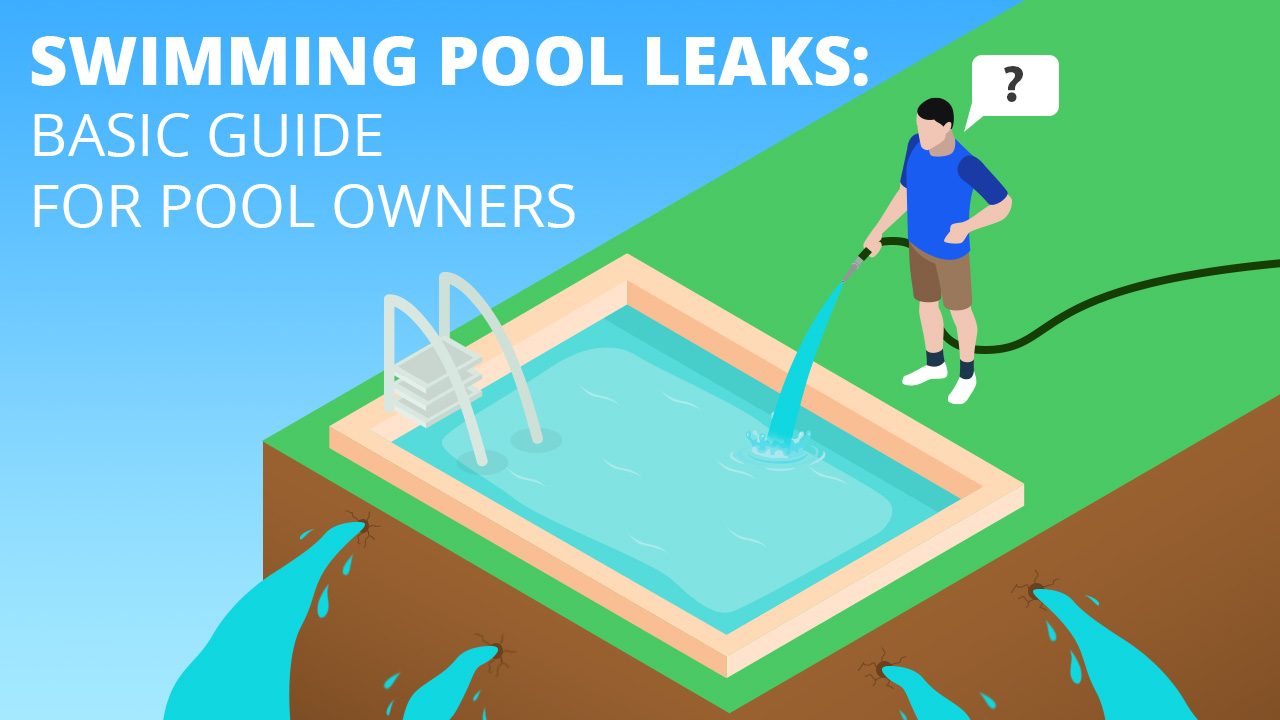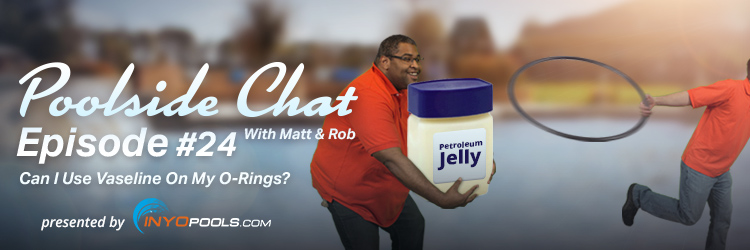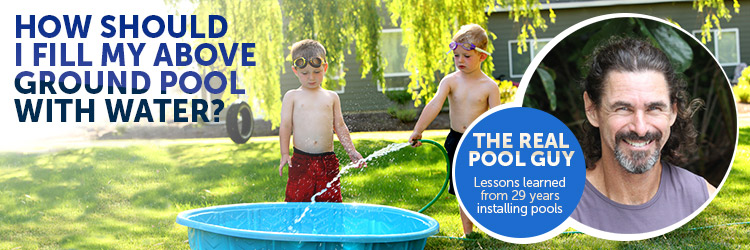For many people, having a swimming pool at home is exciting. If you are like most people, you probably have a long list of seasonal and summer fun planned with family and friends. However, while having a swimming pool is undeniably fun, it will also require commitment.
In other words, you have to do more than keep the water clean. You also need to know how to conduct basic pool leak detection before minor issues become more complicated, resulting in costly repairs.
How to Detect Swimming Pool Leaks
While water and energy prices can vary significantly from one place to another, one thing is certain: a leak in your pool that goes undetected for a long time can lead to a multitude of expenses.

Areas that are prone to leaks
Some areas are more vulnerable to leaks compared to others. The following are some areas you need to keep an eye on:
- Filter – If your filter is the source of the leak, immediate repair, cleaning, or replacement might be required. Filters need regular maintenance and cleaning. A professional can easily take care of any filter issues, but the good news is that some of them you can learn to resolve yourself.
- Liner – Pool liners have different life spans. At the high end, they can last for 20 years. At the low end, you can expect at least eight years. Ongoing maintenance, the weather, and pool use all play a role in the longevity of the pool liner.
- Pump – If the pool pump fails, it can lead to damaging and costly leaks. If detected early, repairing the pump will suffice. If left undetected for too long, the pump might need to be replaced entirely. If you have not invested in an energy-efficient pump yet, it is recommended that you do so.
Looking for Signs of Leaks
Leaks can occur in any part of your swimming pool. That said, it pays to be familiar with the general features of your pool. If you have weekly pool maintenance, your service company will look for any signs of pool leaks.
However, it is recommended that you also know what to look for since some leaks can be easy to justify while others can be out of sight. Below are some of the most common signs of swimming pool leaks you should look out for:
- You lose a significant amount of water. Between pool use, splashing while at play, and evaporation, water loss can be challenging to gauge. However, if you notice that water loss is significant, it can be a clear indicator of a possible leak.
- The pool deck is lifting or sinking. Underground leaks can result in pooling water that might damage your swimming pool deck. While pool deck damage can also be attributed to possible wear and tear, it is recommended that you should also consider it as a possible sign of a leak.
- You can see visible cracks. Visible cracks often start as a small pinhole that’s sometimes unnoticeable. By the time the cracks are visible, there is often a likely leak.
- There is air in the system. If you notice air bubbles coming out of your pool’s return lines, you may have a leak in your filtration system.
- You are adding water more frequently. If your auto-filler is constantly running, it often points to a leak.
- The pH is inconsistent. If you have difficulty keeping the pH balance, it can be another indicator of a possible leak.
Testing for Leaks
If you suspect you have a swimming pool leak, you have a few easy and quick ways to confirm your suspicion. Some of the techniques you can use include:
Bucket test – This test is very straightforward. Use a 5-gallon bucket and fill it with water from the pool. Submerge the bucket in the water and make sure the water level matches that of your swimming pool.
Turn the pump off and leave the bucket in the water for at least 24 hours. If the bucket’s water level is higher after 24 hours, you have a leak that needs your attention.
Dye test – If you see a visible crack in your pool or a tear in your liner, using the dye test technique would be ideal. You can purchase dye tests from your local home and garden or pool store.
The dye test can also test areas like the fittings, skimmers, screws, and other areas prone to leaking. To perform the dye test, turn off the pool equipment and ask everyone to exit the pool.
When the water is calm, carefully apply a small amount of dye to the suspected area. Observe if the dye remains or if it slowly dissipates. If it is sucked into the suspected area, you have a pool leak that needs fixing.

Conclusion
In most cases, the longer a pool leak goes undetected, the more expensive it will be to fix. From damage to your lawn to an increased water bill, down to possible damage to your neighbor’s lawn, the cost of a pool leak can add up. If you lose more than a 1/4 of an inch of water daily, consider it wise to check with a professional.










I have an in ground vinyl pool .The caulking where the bottom step meets the the liner has broken down. This might be the cause of my water loss. Is there
A product that I can use use underwater without draining the pool ?
A suitable underwater caulk for the job would be Permaseal Caulk – White – 950
I have underground concrete pool that may be leaking. No visible leaks around open pipes filter or pump. I did have skimmer replaced 2 years ago. I have turned off skimmer because water drops below skimmer. Just operating main drain. Should I try dye testing? Could pressure valves at bottom of pool be leaking. Have 4 of them
Dye is a good place to start. There is no invincible piece of pool plumbing, anything can crack to cause a leak. That is why you start with the more obvious stuff as we mention in the guide then work your way up to leak detection companies if you are unable to find the source.